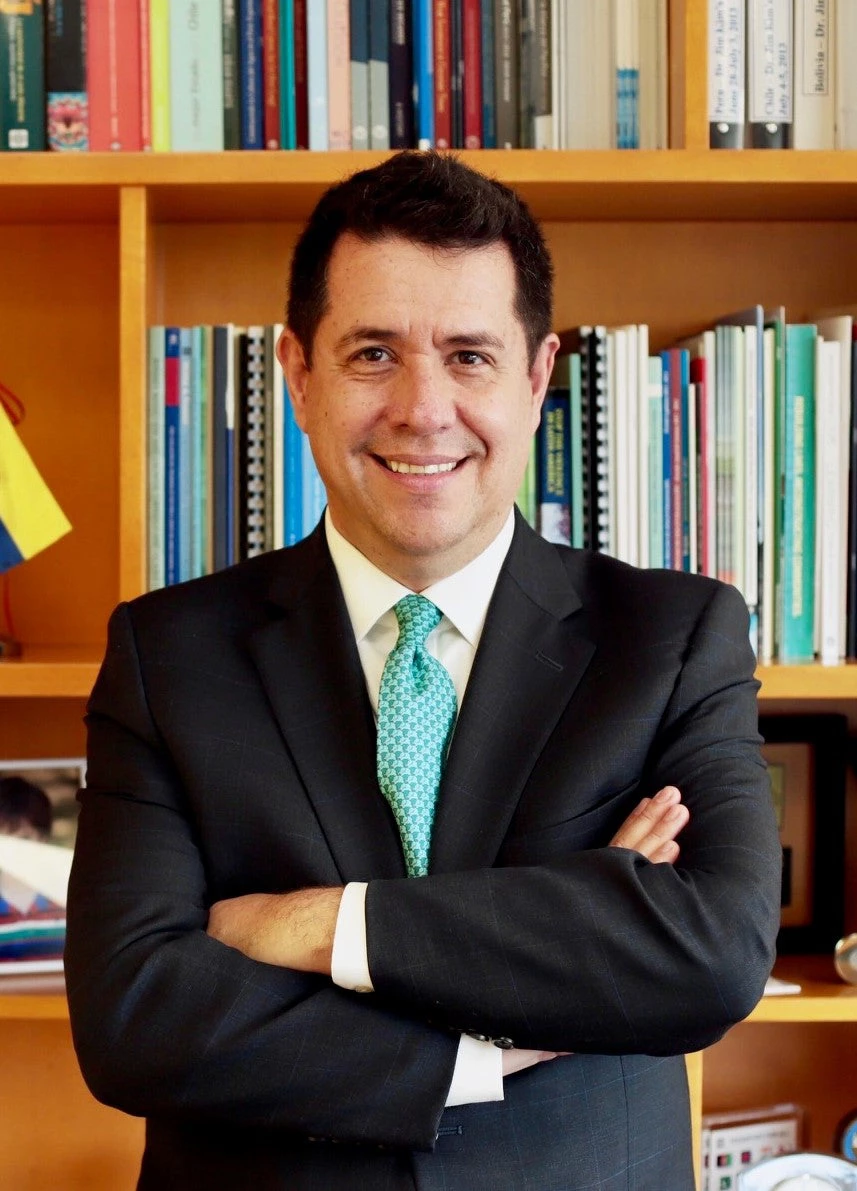
In Europe and Central Asia (ECA), we are helping our clients to “invest smartly”. Over the past few years, as demographic shifts in ECA countries deepened, the number of school-aged children diminished substantially. At the same time, the global economic crisis created significant pressures on public budgets. For the education sector, the result of these rapidly changing realities was an increased attention to efficiency of expenditures and - in particular- to the right-sizing of the education service delivery networks.
Many countries are focusing on reorganizing schools by increasing class sizes and closing small school buildings, when children could be reasonably assigned to nearby schools; Bulgaria and Moldova are good examples of these efforts.. As well, certain countries are streamlining the curriculum by eliminating courses that are not deemed essential. Financing strategies are rapidly changing: from Poland to Uzbekistan, per-student financing formulas have been introduced and school autonomy policies are being promoted and implemented. Our education team is responding quickly and effectively to these challenges by providing timely advice, analytical work to promote evidence-based policies, and evaluation of the early impact of these reforms.
We are also helping our countries “invest for all”. Our clients are developing strategies to be better prepared to weather the next crisis - or even better - to avoid it altogether. There is a renewed interest in sustainable growth and competitiveness. Client countries are looking seriously to the skills of their population as a critical propeller [or a stubborn obstacle] to foster sustainable growth. ECA countries understand the importance of a flexible workforce that can operate in an environment characterized by technological change and increased workplace complexity. They want a fully literate workforce that is ready to learn, contribute, and innovate. They also want a workforce that can work well in teams, communicate effectively, and take informed risks.
Attention has been brought to the quality of primary and secondary education, the relevance of vocational & technical education, the effectiveness and reach of higher education, and the opportunities for life-long learning for adults. All of these are key to develop the skills of a workforce that can propel and foster competitiveness and growth. Our education team is deeply engaged with our clients through analytical work, fee-based services, lending geared towards improving the quality of secondary education, modernizing vocational & technical education, and increasing access to and relevance in higher education. The recent ECA report "Skills, Not just Diplomas" provides important analytical underpinnings behind these efforts.
Finally, we are also helping our clients to “invest early”. Early childhood education is increasingly recognized in ECA as critical to providing the foundation for, among other skills, behavioral competencies (communication, teamwork, etc.) that employers highly value but often report lacking. Moreover, expansion of early childhood education is also seen as an important tool to support women, whose active and continued participation in the labor force is essential for sustainable and equitable growth. Our work to support the expansion and quality of early childhood education includes - among others- investments in Moldova and Kyrgyz Republic, analytical work in Turkey and Russia, and fee-based services in Russia and the Balkans, the latter through the evaluation of early childhood pilots serving Roma populations.
These three broad areas of work mentioned above – early childhood development (“investing early”), optimization of the service delivery network (“investing smartly”), and furthering skill acquisition for entire populations, not just the most advantaged, to compete in the global economy (“investing for all”)- are at the heart of the ECA education team's contribution to implement the World Bank Education 2020 Strategy.


Join the Conversation